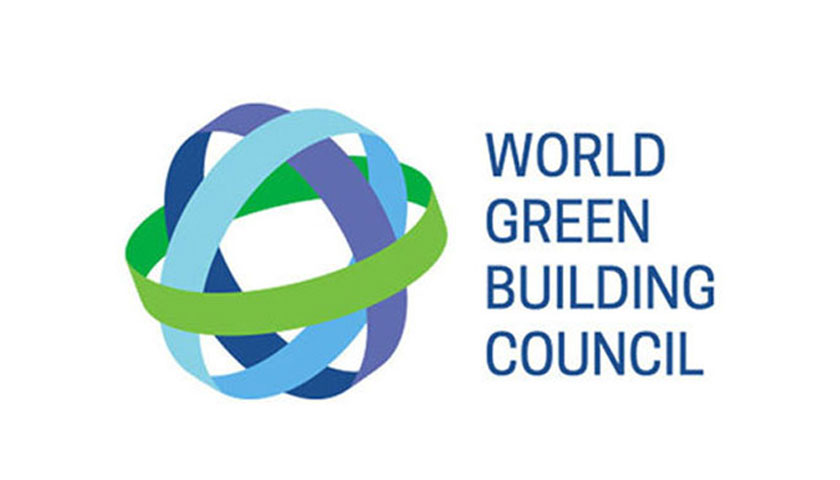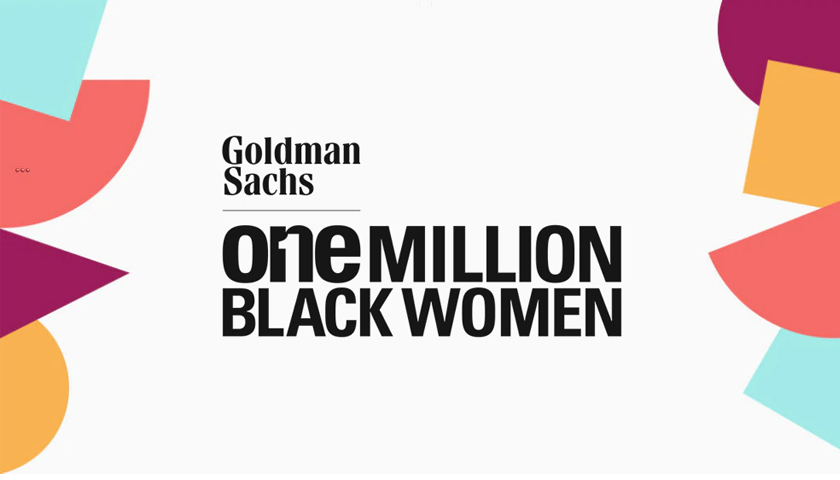Seven world leading private sector companies announced ambitious pledges to slash emissions from their buildings to net zero, by signing up to the World Green Building Council’s (WorldGBC) Net Zero Carbon Buildings Commitment (the Commitment).
These organisations have pledged to take urgent action to ensure their own portfolios of buildings operate at net zero carbon by 2030 or sooner.
The Commitment is unique in positioning energy efficiency as a central component to achieving decarbonisation across building portfolios, in addition to generating and procuring renewable energy to meet reduced energy demand. This represents the most cost effective, best practice approach to ensuring buildings are fit for purpose, future-proofed against climate impacts, and provide healthy and comfortable environments.
The new corporate signatories to the Commitment are:
Goldman Sachs: The American multinational investment bank and financial services company, operating in 34 countries worldwide with 198 buildings within its asset portfolio, and a member of U.S. Green Building Council (USGBC). Goldman Sachs will certify 70% of building footprint through LEED or equivalent green building standards, and reduce energy consumption to maintain carbon neutrality across its operations.
Hudson Pacific Properties: A real estate investment trust that acquires, redevelops and develops creative office and studio properties in the West Coast tech and media epicenters of the US and Canada, and a member of USGBC. Hudson Pacific is committed to owning and developing only assets that are net zero carbon in operations by 2030. As part of this effort, earlier this year the company entered into a three-year renewable energy agreement to achieve 100% carbon neutral electricity consumption across its portfolio.
Lendlease Funds Management Australia: As part of its ongoing commitment to sustainable real estate investments and operations, Lendlease Funds Management Australia has committed four of its property investment fund entities to the Commitment. Lendlease Australia Prime Property Fund Commercial, Lendlease International Towers Sydney Trust, , Lendlease Australia Prime Property Fund Industrial and Lendlease One International Towers Sydney Trust, representing AUD$12.63 billion (USD$8.63 billion) in Gross Asset Value (GAV) across more than one million square metres, will be net zero carbon in operations by 2025 – some as soon as 2021*. This will be achieved through the implementation of energy efficiency programs, renewable and low carbon energy systems, effective tenant and community engagement and installing leading facilities management technology and systems, and the ongoing use of GBC Australia’s Green Star – Performance tool.
Petinelli: A Brazilian engineering and green building consulting firm, committed to bringing change to the way buildings are designed, constructed and operated. In addition to ensuring their own offices will operate at net zero by 2021, Petinelli are committed to supporting their clients by designing net zero buildings and pursuing certification under LEED Zero from USGBC and GBC Brasil’s Zero Energy Standard.
Petinelli are also supporting GBC Brasil in the delivery of net zero buildings in the State of Parana in Brazil. Through an MOU signed between these parties, the government is committed to transforming all public buildings to net zero energy, including 180 public schools in six different municipalities through energy efficiency and renewable energy production on site.
Cristina Gamboa, CEO, World Green Building Council said: “We welcome the bold climate leadership from the latest signatories to WorldGBC’s Net Zero Carbon Buildings Commitment. Their pledges to fully eliminate carbon emissions from their buildings demonstrate private sector readiness to respond to the climate crisis. The next decade is crucial to realise the ambition of the Paris Agreement so now is the time to act.”
For Goldman Sachs, Hudson Pacific and all four Lendlease Funds, joining the Commitment is a pathway to becoming members of EP100 – a global corporate leadership initiative for energy-smart companies, delivered by The Climate Group in partnership with the Alliance to Save Energy. The Commitment’s inclusion of energy efficiency as an essential component to a net zero carbon strategy supports the improvement of energy productivity.
Helen Clarkson, CEO, The Climate Group said: “With buildings worldwide accounting for as much greenhouse gas emissions as the EU and China combined, it’s vital that companies act now to make smarter use of energy – from LED lighting and efficient cooling to better building design. We welcome all six new signatories to the EP100 initiative. By targeting net zero carbon buildings, they will increase their competitiveness while reducing climate impact – a win-win for any business.”
Dino Fusco, Global Head of Corporate Services and Real Estate, Goldman Sachs said: “We recognize that reducing our energy consumption and operating our offices at net zero carbon emissions globally is a critical component of transitioning to a low carbon economy. We are excited to join this initiative with other industry leaders to help scale this effort globally. In addition, we are pleased to also join The Climate Group’s global EV100 initiative to help further the electrification of the grid.”
Natalie Teear, Vice President, Sustainability and Social Impact, Hudson Pacific Properties said: “Responsible corporate citizenship and sustainable development advance our core values and are vital to our company’s success. Joining the Commitment aligns with our current carbon neutrality goals, supports our strategic vision to achieve new heights in environmental protection and expands the green economy. We are excited to work alongside other signatories and our stakeholders to meet this critical target.”
Scott Mosely, Managing Director, Lendlease Funds Management Australia said: “Lendlease has a track record managing high performance sustainable assets which deliver great place outcomes for our tenants and investors. Our funds have net zero carbon commitments that influence our asset operations and investments, and by improving energy productivity we can provide greater financial as well as environmental and social value. The WorldGBC Commitment and EP100 is a great initiative that will further drive energy innovation across Australia’s property industry.”
Guido Petinelli, Managing Director, Petinelli said: “When it comes to net zero, measured performance changes the conversation – you just can’t argue with data. Net zero is a simpler way of thinking about performance and also provides a bold, ambitious goal. It is human nature to want to do better, and recognition is a powerful motivator. That’s the reason why we joined WorldGBC’s Net Zero Carbon Buildings Commitment, and the reason why we believe most of our clients will as well.”
Profiles outlining the action plans for each of the above organisations to deliver against their Commitment are published online.
The full list of the Commitment signatories comprises 45 businesses and organisations including developers, real estate investment and property funds, manufacturers and global design firms, 28 cities including London, New York and Tokyo, and six states and regions including California and Scotland.
As world leaders gather at COP25 in Madrid, Spain to declare national commitments to accelerate immediate and steeper climate action, these pledges come as a loud signal that major private sector leaders acknowledge the key role that they too must play to tackle the climate crisis.
Globally, almost 40% of energy related greenhouse emissions occur from buildings, with 28% coming from the operations of buildings themselves. Operational carbon emissions can be eliminated to meet net zero by maximising energy efficiency and powering buildings through 100% renewable energy – eliminating reliance on fossil fuels.
The Net Zero Carbon Buildings Commitment has the power to radically reduce the building sector’s environmental impact by spearheading a global shift towards aggressive energy efficiency as well as a complete change from fossil fuel based power to renewables. In 2015, 82% of final energy consumption in buildings was supplied by fossil fuels – whereas to meet the Paris Agreement, this must become 0%.
Last week, leading European businesses and cities also announced commitments during a leaders’ summit in Brussels convened by WorldGBC and partners, as part of an ambitious campaign to help spark a building renovation revolution. This included the city of Valladolid, the first in Spain, which will introduce an ambitious new law in 2020 to drive district heating and renewable energy in new buildings, and energy improvements in some 4,000 homes per year between 2020 and 2050, and operate their own council building at net zero from 2030.


